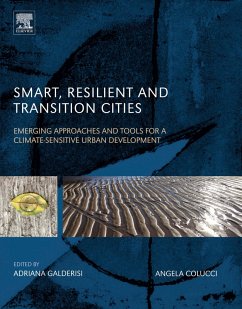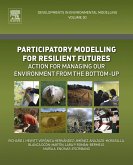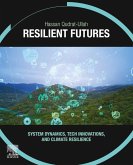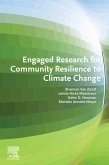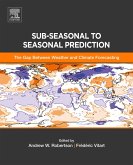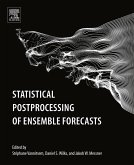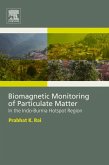Smart, Resilient and Transition Cities: Emerging Approaches and Tools for Climate-Sensitive Urban Development merges a scientific approach with a pragmatic one. Through a case study approach, the Authors explore strengths and weaknesses of institutional and informal practices to foreshadow innovative paths for an adaptive process of urban governance in the face of climate change. The book guides the reader along new governance paths, characterized by continuous learning and close cooperation and communication among different actors and stakeholders and, in so doing, helps them to overcome current 'siloed' approaches to climate issues.
- Links resilience, smart growth, low-carbon urbanism, climate-friendly cities, sustainable development and transition cities, being all these concepts crucial to improve effective climate policies
- Includes a number of case studies showing how cities, different in size, geographical, cultural and economic contexts are currently dealing with climate issues, grasping synergies and commonalities arising from current institutional practices and transition initiatives
- Provides strategic and operative guidelines to overcome barriers and critical issues emerging from current practices, promoting cross-sectoral approaches to counterbalance climate change
Dieser Download kann aus rechtlichen Gründen nur mit Rechnungsadresse in A, B, BG, CY, CZ, D, DK, EW, E, FIN, F, GR, HR, H, IRL, I, LT, L, LR, M, NL, PL, P, R, S, SLO, SK ausgeliefert werden.

